Literary Education Vs Scientific Education:
Thomas Babington Macaulay once said, “As civilization advances, poetry necessarily declines”. Can we say, “As civilization advances, literature necessarily declines?” It is a moot point. A comparative survey of literary and scientific development during the last three hundred years will probably give a suitable answer. It is, however, a fact that no amount of scientific development and progress will root out literature or literary culture. Shall we say, it is in the blood of man’s organism? The fact is, man is an emotional animal. His instincts and impulses which constitute three-fourths of his earthly behaviour (as Dr James, the greatest American psychologist says) can hardly be destroyed without destroying himself. Literary culture is directly based on emotion and sentiment. Subjective outlook is its first principle.
For a very long time, literary education had held the field. This was unavoidable. In the absence of science, what else could be done? The tables have now been turned. Science has taken the upper hand. There is now, in the Indian Universities, an extra emphasis laid on scientific training and culture, as has never been done before.
The burning question of the day is: What should be our education: literary or scientific? We are, however, not unanimous. This is an important point to note. For example, one of the greatest thinkers of modern times, Mahatma Gandhi, was clearly in favour of literary culture. Scientific education which makes man machine-minded was his greatest objection. Indeed for nearly half a century, this great savant had been harking back to the village life and village ideal. It seems puzzling and mysterious that in an age when the whole world is swept forward in an irresistible tide of material advancement, Gandhiji should be advising us to wear the loin cloth, drink goat’s milk and spin one’s takli or charkha!
There are other apologists too. For instance, Acharya Vinoba Bhave and Dr Pattabhi Sitaramayya have never been tired of harping on the tune of India’s spiritual superiority and soul force. In their mature opinion, India would profit much more by switching back to her ‘ancient culture’ and ‘literary education’ than by imbibing the scientific education of the West. The question is no longer merely a matter of ‘opinion’. It is very impressive, and the answer that we give to it will determine our fate in the hierarchy of nations.
Literary education aims more or less at liberal education. By liberal education, we mean a system of training and instruction by which the learner’s mind would become broad, human, responsive and moral. This is the reason why in a system of liberal education, much emphasis is laid on history, geography, literature, politics, economics, sociology, philosophy, painting, music etc. One hundred years ago even the most scientifically advanced countries of the world had purely literary education for their boys and girls. The unparalleled development of literature and art in Greek, Rome and England, for which they are justly held in esteem, was possible only because the ages that produced them had been purely literary ages. India too has a rich heritage of cultural past. But she has now taken a definite stride along the path of scientific and technical education. What are the advantages? Will she gain or lose?
According to Bertrand Russell, science has a great part to play in liberal education. Liberal education being the ideal of all educational systems, scientific education would probably help it much more than any other system. For, as Russell holds, it has certain intrinsic advantages, which purely literary education does not possess. Besides making man practical, inventive and economically useful, science, as a system of mental training and outlook, is matchless. Its inherent superiority to arts is patent.
It may be asked: What is education after all? Education, as Bertrand Russell says, is the formation of certain mental habits and a certain outlook on life and the world. It has a twofold function- a moral and an intellectual function. The moral end of education is to enlarge the scope of our primary instincts and impulses and to show where we can find the most permanent satisfaction. Closely connected with the moral aim is the intellectual aim of education which is to enable us to have an objective outlook on life and the world, to enable us to see and judge the world without reference to our personal prejudices and preferences. This aim of education is fulfilled mainly by science. Scientific study and training enable us to develop an objective outlook on life.
There is a grave defect in what Russell proposes to give under the name of sign-post for happiness. Has science given us happiness? Has it so far made an appreciable body of men rise above personal prejudices and preferences? The tree must be known by its fruit as much as the proof of the pudding must be in the eating. The West of Bertrand Russell has had plenty of science. And what has been the result?
Has scientific education conferred on Russia, Germany, U.K., France, U.S.A. and Japan any measure of happiness? The question need not be answered. Of what use is education, call it by whatever name you please, unless it leads men to live better, think better, and do better? A science that fosters the worst phases of Hitlerism and war, or which encourages man to rob and exploit his less wary brethren, cannot be a straight road to safety or well-being.
Hence, we conclude that in reality, there is no question of antagonism between science and literature as means of education; they are, on the other hand, complementary. Each is imperfect without the other.
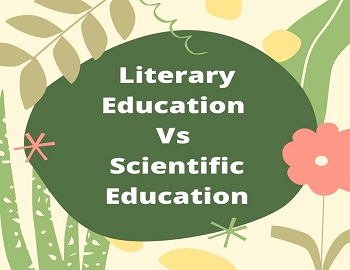
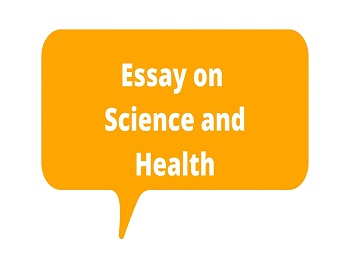
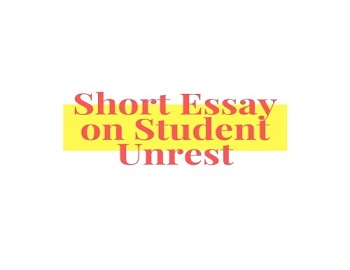

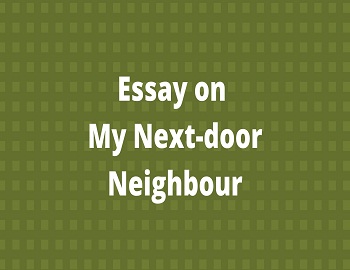
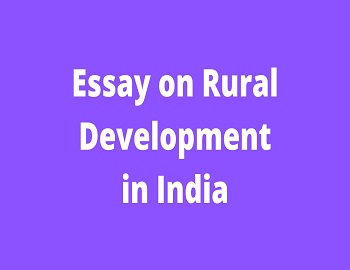
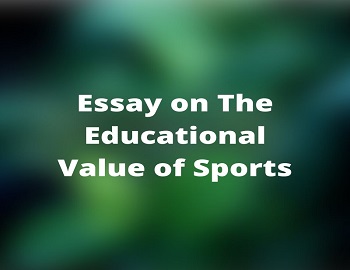
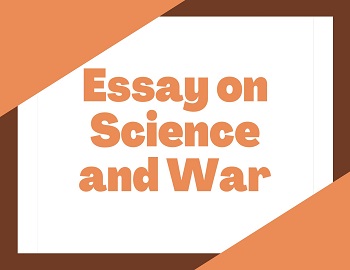
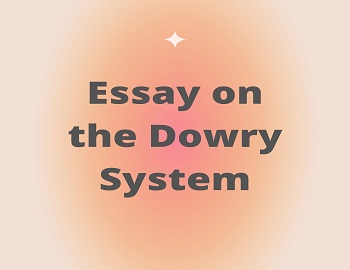
Comments (No)